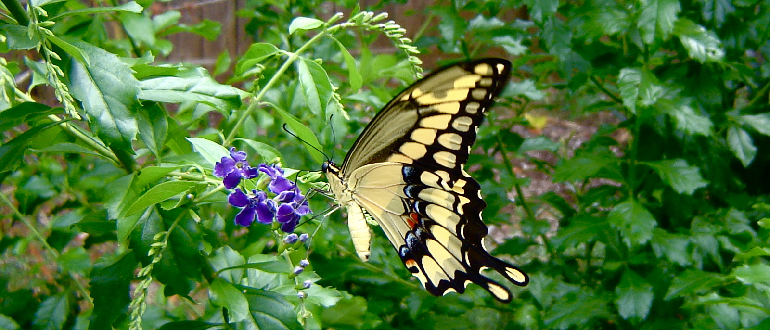For most gardeners, each year’s garden is a new adventure – a chance to improve, expand or just reimagine your own lovely patch of blooms.
Now is the time to think of our little caterpillar friends and plant a nice variety of welcoming host plants. There are many varieties of butterflies and moths in Michigan, and they all need specific host plants to feed and shelter their caterpillars. Most caterpillars can only feed on one or two specific plants. These plants are known as the “host” for the species. So in order to have beautiful butterflies to enjoy, we must plant proper host plants to nurture the cute little caterpillars.
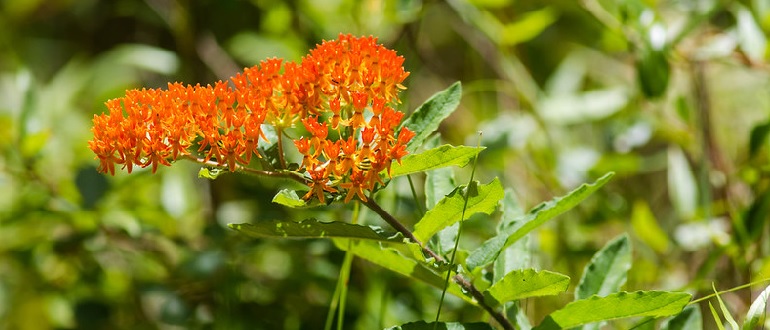
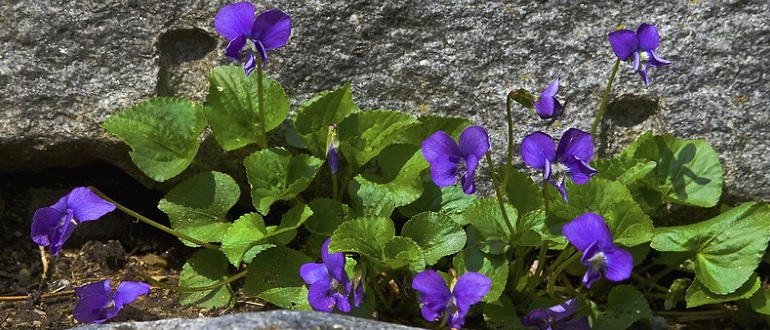
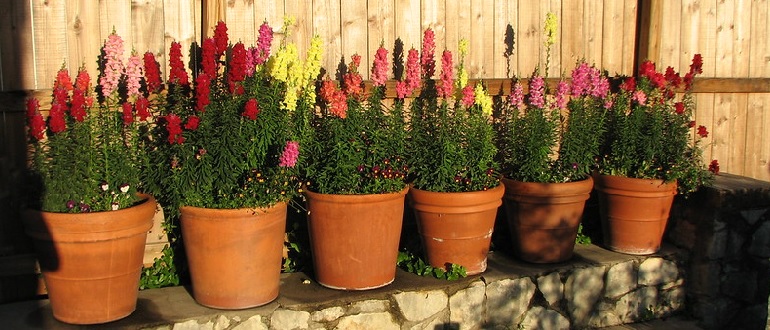
Important features for a butterfly garden include:
- No Pesticides! Please do not spray bug killers. Even airborne bug killers from neighboring yards can contaminate butterfly plants.
- Native host plants by specific species (see list below for some favorites)
- Bright and pretty pollen plants (e.g.: golden Alexander, Coneflower, Black-eyed Susan, tall Verbena, New England Aster)
- Dish of damp sand, salt and rotting fruit (watermelon works well) for for moisture and minerals
- Some form of windbreak on the west / north sides
- Combine a pollinator plants with rain garden plants for twice the benefit (see https://therouge.org/rain-gardens-to-the-rescue/ for the FOTR’s rain garden information)
It is a good idea to plant clusters of each type of host plant. The larger mass of a cluster increases the smell and color pattern of the plant for attracting passing butterflies. It also provides a denser shelter and food supply for new caterpillars.
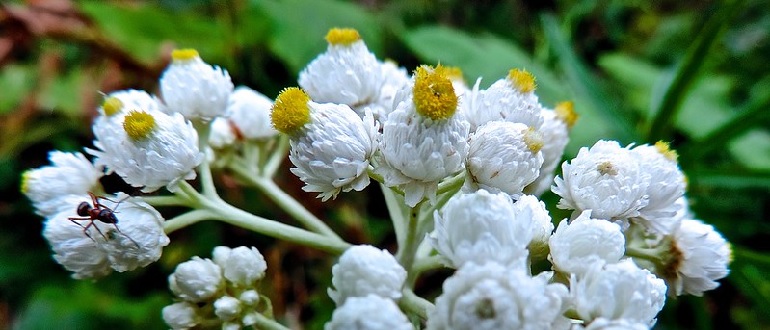
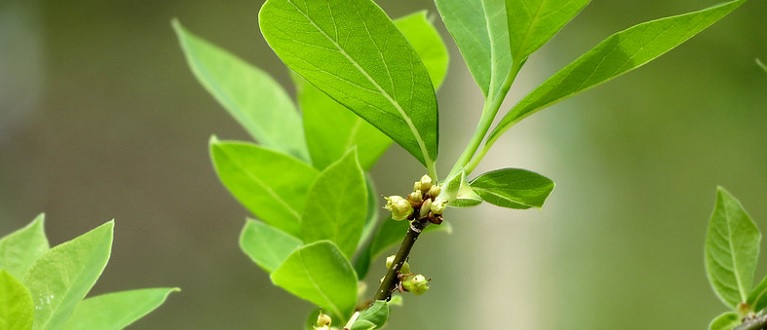
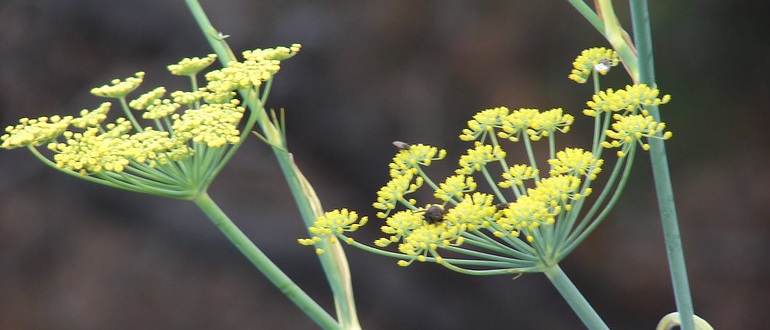
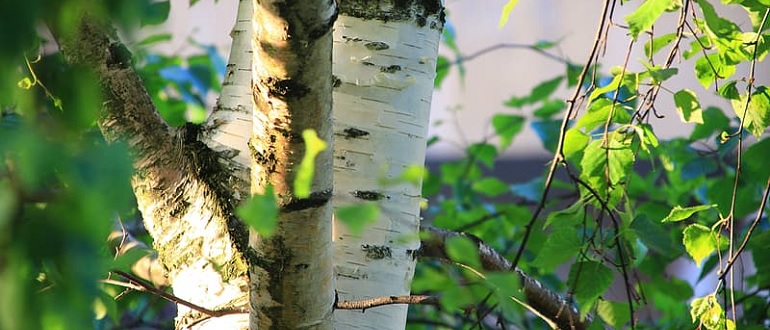
https://www.bgohio.org/wp-content/uploads/2014/05/Butterfly-Tree-Hosts-12-27-12.pdf
This year, plant a butterfly buffet, and invite these little winged wonders to make a home in your yard!
Some possible butterfly host plants for your garden are shown below.
CATERPILLAR
BUTTERFLY
American Lady
Host Plants: Pearly Everlasting
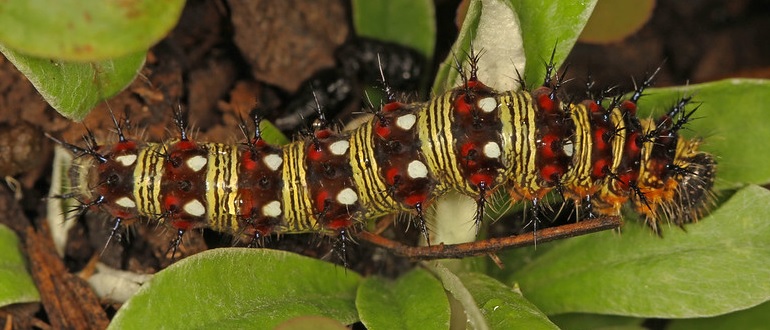
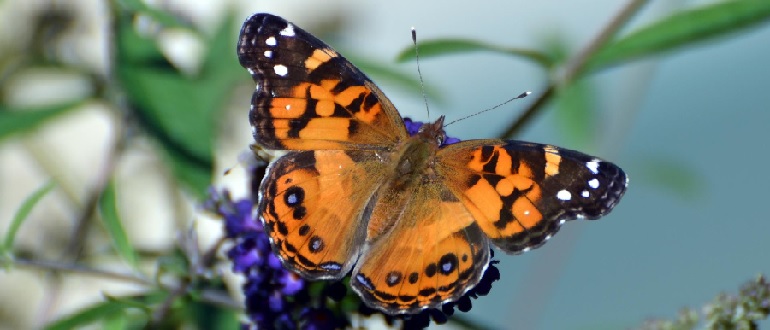
Common Buckeye
Host Plants: Snapdragon, Plantain & Monkey Flower
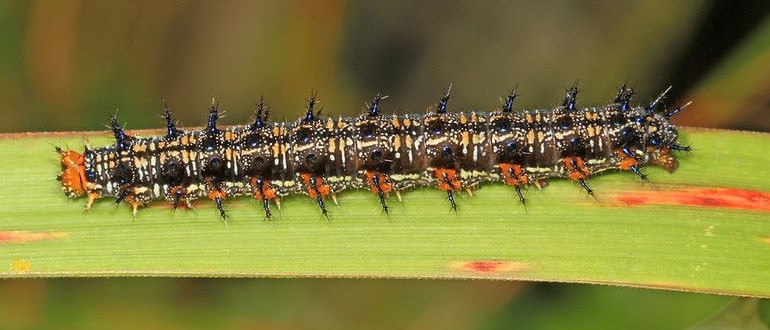
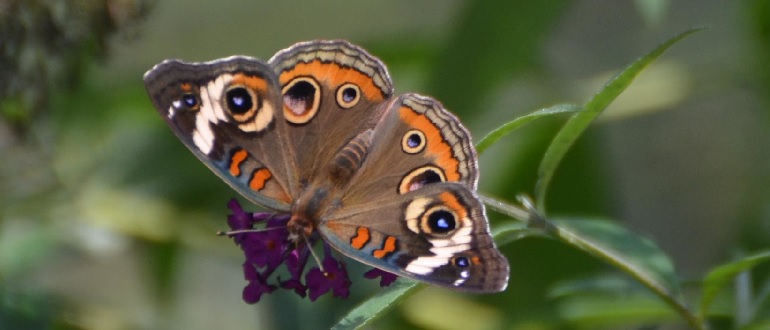
Eastern Black Swallowtail
Host Plants: Dill, Fennel & Parsley
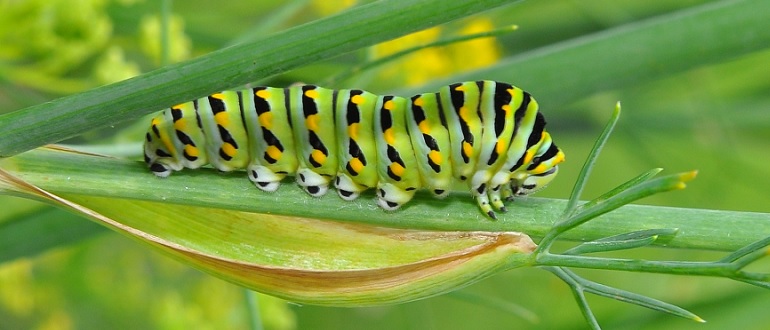
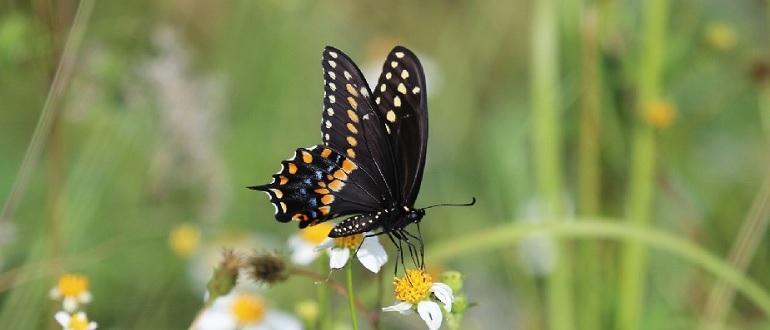
Monarch
Host Plants: Milkweeds and Butterfly weed
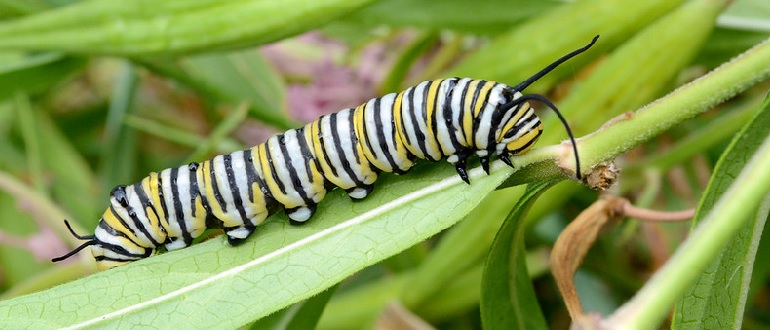
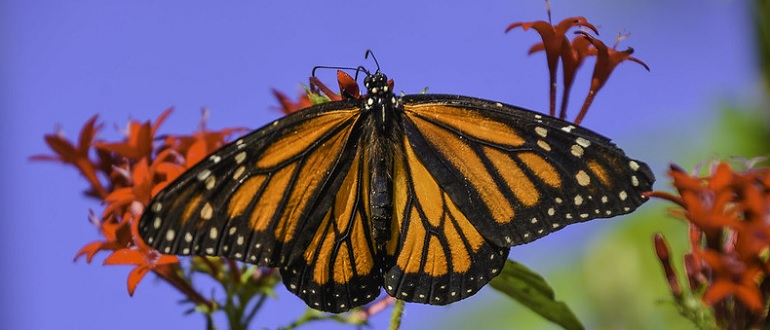
Spicebush Swallowtail
Host Plants: Spicebush
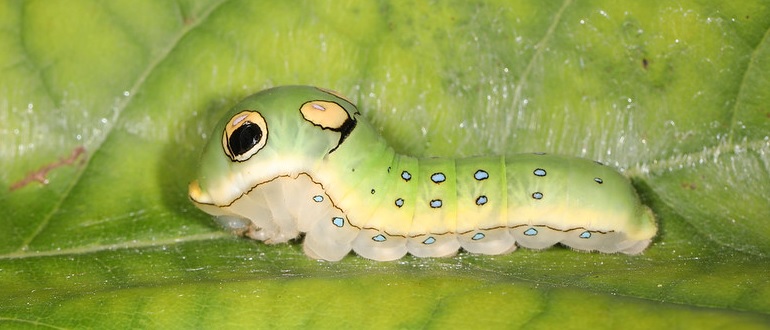
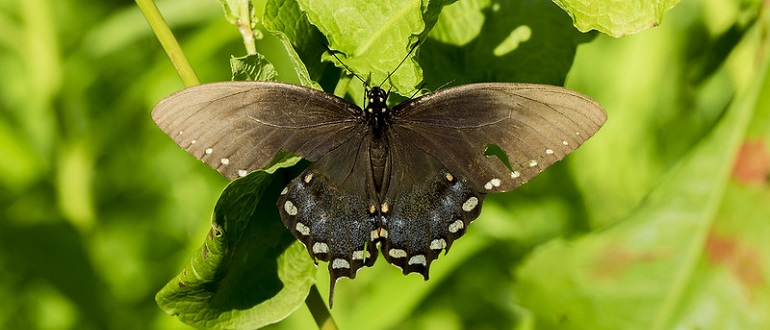
Variegated Frittilary
Host Plants: Common Violet (Note: very aggressive spreading plant)
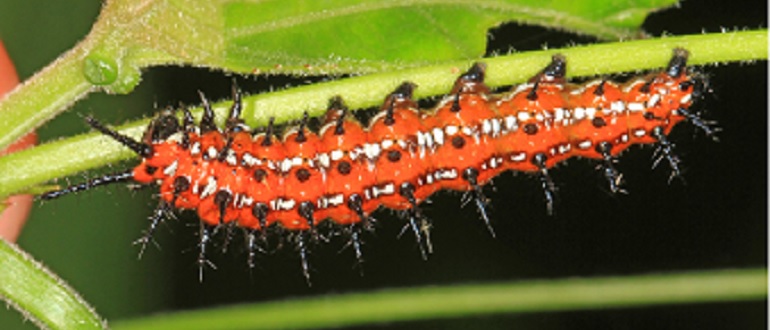
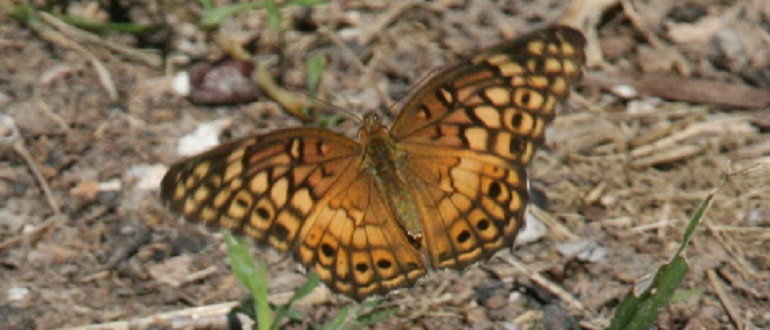
Hummingbird Sphinx Moth
Host Plants: Cherry, Plum & Hawthorne Trees
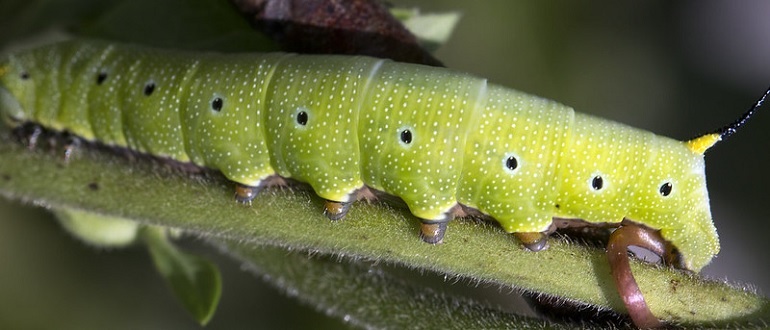
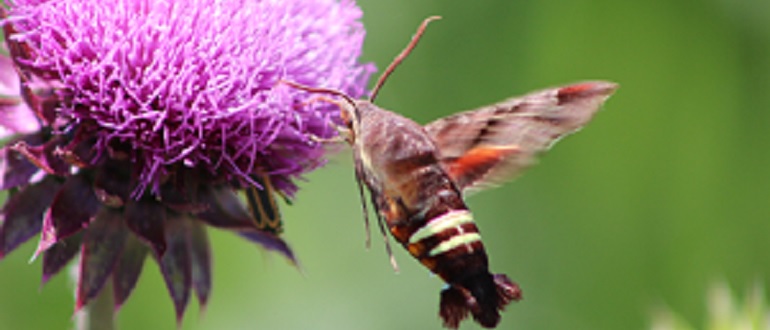
Header image by Andreanna Moya Photography CC-BY-2.0
